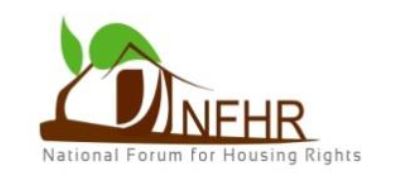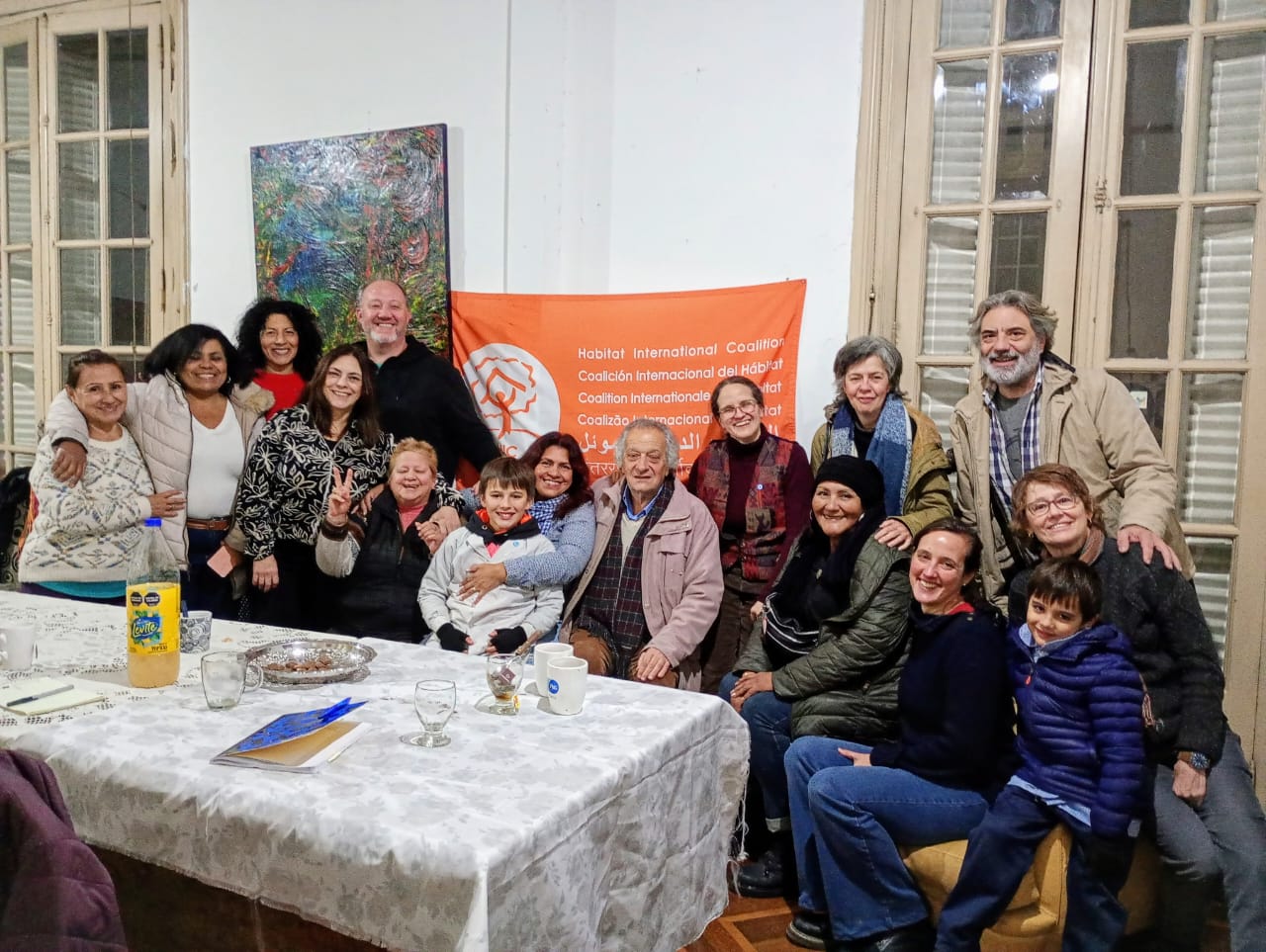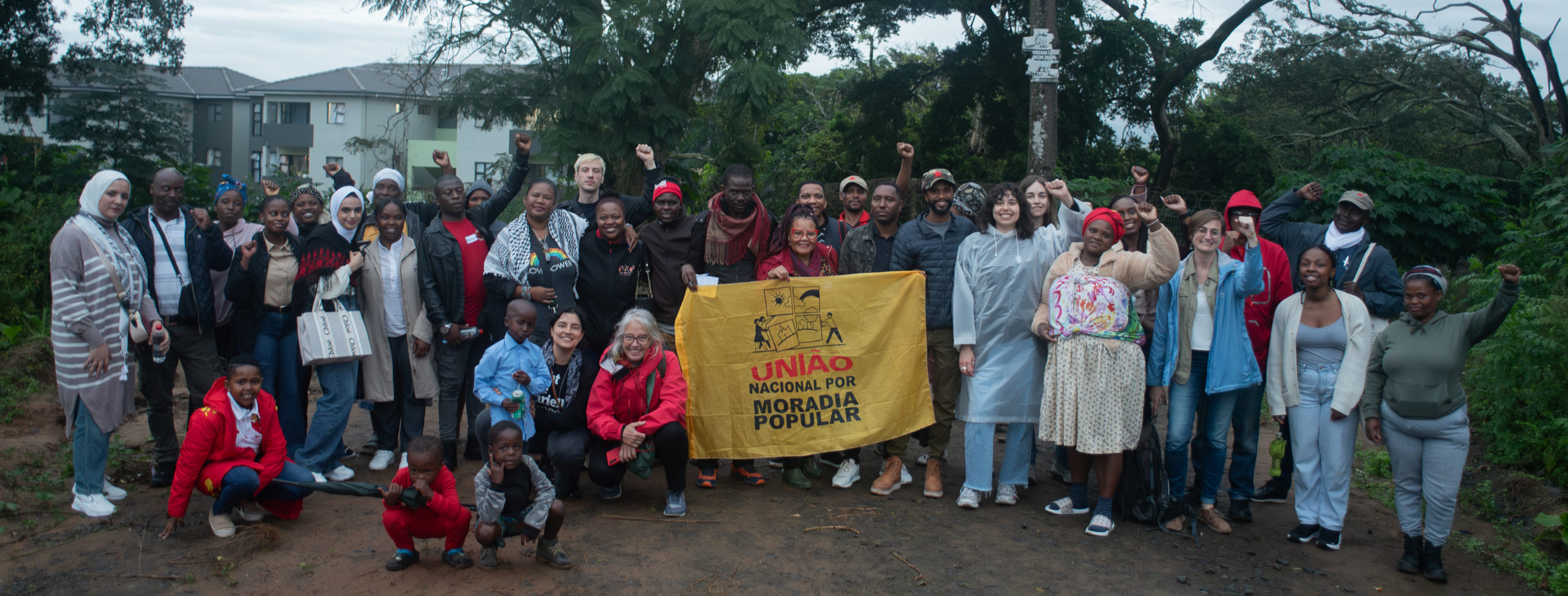
Press release
In the month of February 2014, the
Government of Gujarat has forcibly evicted and demolished homes of 474 families
(affecting over 2,500 women, men and children) across the state:
×
172 families at Ayodhya Nagar and
Bholav in Bharuch;
×
35 families in Kapodra, Surat;
×
104 families in Aajawa Road, Baroda;
×
91 families in Vastrapur, Ahmedabad;
and,
×
72 families in Ambavadi, Ahmedabad
(just this morning – 28 February).
All the affected families had been staying
at the respective sites for a long time, more than 30 years. Many children were
injured in the Bharuch demolition carried out by the police using bulldozers.
90 per cent of the evicted population in Bharuch belongs to Scheduled Tribes
while all evicted families in Surat and Vastrapur are Dalits engaged in manual
scavenging. The evictions were carried out without any due process, and in the
absence of any rehabilitation, the families are staying out in the open without
any basic facilities.
indu prakash singh, National Convenor,
National Forum for Housing Rights (NFHR), has said
that the demolitions and evictions are in gross violation of the orders of the
High Court of Gujarat. The State of Gujarat is duty bound to take care of its
urban poor/urban workers/CityMakers. Also due process needs to be followed, as
per the various orders of the Supreme Court of India. In the case Ahmedabad
Municipal Corporation vs. Nawab Khan Gulab Khan & Ors. (1997 (11)
SCC 121), the Supreme Court directed the state government to construct
affordable houses for the poor, stating: “The State has the constitutional duty
to provide shelter to make the right meaningful.” There are many more such
Supreme Court orders that protect the housing rights of the urban poor (1981:
Francis Coralie vs. Union Territory of Delhi; 1996: UP Evam Vikas Paroshad vs.
Friends Coop. Housing Society Ltd.; and 1996: Chameli Singh & Ors vs. State
of Uttar Pradesh). Mr Singh added that these demolitions are against the
Housing Policy of the Gujarat Government, 2013 and the Rajiv Awas Yojana (RAY)
norms laying emphasis on in situ upgradation on government land.
Shivani Chaudhry, co-convenor, NFHR, and
Executive Director, Housing and Land Rights Network (HLRN) said
that housing is a basic human right enshrined in the Universal Declaration of
Human Rights (UDHR) and the International Covenant on Economic, Social and
Cultural Rights (ICESCR) that India has ratified. She said the Gujarat
government should regularise all informal settlements and provide security of
tenure and basic services. The forced evictions of these communities violate a
range of human rights, and contravene not only international law but also the
Constitution of India, the Scheduled Castes and Scheduled Tribes (Prevention
of 2
Atrocities
Act), 1989, and international
guidelines such as the UN Basic Principles and Guidelines on
Development-based Evictions and Displacement. All those responsible for the
evictions in Gujarat should thus be tried before the law.
Mrugesh Daniel, Zupadpatti
Mahila Sangthan (SWFI) and Gujarat Slum Dwellers’ Federation, Surat, and NFHR member, said that the government authorities did
not provide the residents with adequate notice or an opportunity to apply for
relocation assistance. He added that the District Collector of Bharuch
frequently asks the evicted people to go back to the places they came from. In
the absence of any state response or relief for the affected persons, Mr
Mrugesh Daniel and fifteen women from the Slum Women’s Federation from Surat
and Bharuch have launched an indefinite hunger strike since 25 February 2014.
The Gujarat media, however, has not paid any attention to their demands;
neither has it reported any of the forced evictions in the state.
NFHR strongly condemns the
forced evictions, demolition of homes, and discrimination against the urban
poor, including Scheduled Castes and Scheduled Tribes, in Gujarat – acts which
strongly belie the Gujarat government’s claim of a “Shining Gujarat.”
NFHR seeks to challenge
the denial of the human rights of the CityMakers (urban poor) and the
orchestrated efforts of the state to deny the urban poor their ‘Right to the
City,’ which includes the human rights to adequate housing, livelihood/work,
education, health, equality, participation and information. NFHR calls on the
Government of Gujarat to immediately provide relief and rehabilitation to the
evicted families and to take measures to halt further evictions and to protect
the human rights of the state’s poor.
About
National Forum for Housing Rights
National
Forum for Housing Rights (NFHR) is a coalition of organisations, networks,
institutions, social movements and individuals across India committed to
working at multiple levels to promote the respect, protection and fulfilment of
the human right to adequate housing and related rights, including protection
against forced evictions, especially for the most marginalised.
NFHR
upholds the definition of the human right to adequate housing developed by the
UN Special Rapporteur on adequate housing: “The right of every woman, man,
youth and child to gain and sustain a safe and secure home and community to
live in peace and dignity.”
NFHR
focuses on the following five thematic areas of work through research,
publication, information dissemination, advocacy and strategic campaigns:
homelessness; forced evictions; security of tenure; in situ upgrading;
and resettlement and rehabilitation.
For
more information, please write to: nfhrindia@gmail.com.
National Forum for Housing Rights
Secretariat:
18 A, MIG Flats, Sheikh Sarai, Phase 1, New Delhi – 110017.
* To download this press release, please click here.


